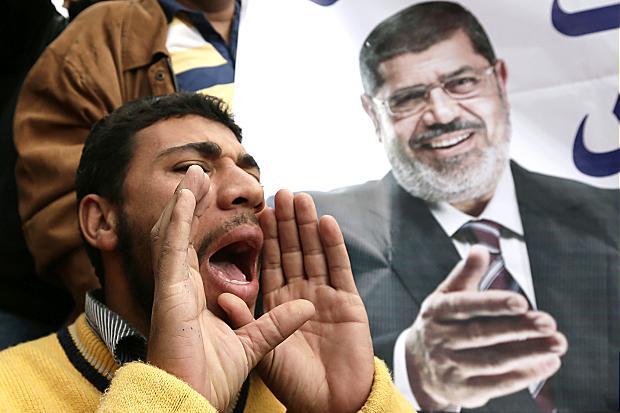In the mid-1990s, at the height of the Israeli-Palestinian peace process, then-Secretary of State Madeleine Albright visited Ramallah on the West Bank. U.S. military snipers were positioned on rooftops throughout the Palestinian town. Military helicopters buzzed overhead. As reporter based in Jerusalem at the time, I watched the scene unfold, and wondered what the price tag of the secretary’s trip was compared to, say, the budget of a works program in Gaza that had paid Palestinians to whitewash graffiti-filled walls.
David Rohde, the two-time Pulitzer Prize-winning former New York Times reporter, grapples with that essential question in his Beyond War: Reimagining American Influence in a New Middle East. How much does the U.S. spend on military weapons, security contractors, and consultants? His answer: far too much—and far too little on the broken economies of the tumultuous Middle East.
The upshot? Opportunity squandered in the aftermath of the Arab Spring. Instead of focusing on the military, Rohde calls for a fundamental change in U.S. policy—what he calls the “Microsoft Rule.” America, he argues, should encourage investment in Arab economies by Fortune 500 companies.
| How much does the U.S. spend on military weapons, security contractors, and consultants? David Rohde thinks far too much—and far too little on the broken economies of the tumultuous Middle East. |
“American investment, consumerism, and technology are our most powerful tools against militancy,” he writes about Tunisia and other Arab countries. “The U.S. should be confident of those weapons and not fear moderate Islamist parties.”
Rohde laments several impediments to that strategy, starting with an increasing reliance on government contractors to carry out what has typically been the military’s job. DynCorp, he notes, received $7.4 billion in contracts from the State Department and Pentagon in Afghanistan and Iraq between 2001 and 2011—and still came in third in government contracting, behind the U.S. conglomerate Halliburton and Kuwaiti-based Agility that provided food to U.S. troops in Iraq.
The book uses vignettes and conversations with locals, diplomats, and aid workers to revisit U.S. policy in key Middle Eastern and Central Asian counties and illustrate his thesis. In some instances, the information is not new: the poor decisions made in Iraq, for instance, have been recounted before. The idea that the U.S. should pursue kinder, gentler Middle East policies also has been advocated. Critics might point out that the U.S. government has been pursuing a dual civil/military policy for years, to varying degrees.
Rohde’s response is that post 9-11, America has relied on the military and contractors to the detriment of diplomacy, allocating to them 95 percent of the roughly $1.3 trillion spent in Iraq, Afghanistan, and the global war on terror. In Iraq and Afghanistan alone, contractors were paid a staggering $206 billion between 2001 and 2011. Where Rohde’s book succeeds is in his ability to string disparate events together to make a coherent argument for a global change in U.S. policy.
He cites Libya as an example of the Obama administration getting it right by showing restraint, listening to the international community, and “handing over responsibility to allies when possible.”
“The goal should not be to hurl tens of billions of American tax-payer dollars at Tunisia, Egypt, Libya, and other countries,” he writes. “It should be to facilitate investment, education, and exchange over the long term.”
That often means befriending Islamic parties that are fairly elected—then taking a back seat, quietly supporting moderates, and waiting for the politics of each country to take it natural course. Rhode urges respect for Islamist governments as long as they abide by democratic rules, and argues that the Obama administration should cultivate allies among Islamists, including the Muslim Brotherhood in Egypt—something the Obama administration was reluctant to do even as it withdrew its support of Egyptian President Hosni Mubarak. That missed opportunity may have contributed to the Brotherhood’s belief that it needed to move quickly to consolidate power. Yet by doing so, the Brotherhood appears to have sown the seeds of its own undoing by engendering enough public outrage to pave the way for the July military coup.
It may be that there is little the White House can do to shape Egyptian politics. Egyptians will have to maneuver between the competing visions of the Brotherhood and the military as they decide their course. Rohde undoubtedly would be happy to hear that.
“An extraordinary debate about the very nature of Islam is unfolding across the Middle East,” he writes. “It is vital that Washington allows it to play out.”
Deborah Horan spent more than a decade covering the Middle East as a reporter for the Chicago Tribune and the Houston Chronicle.






0 Comments